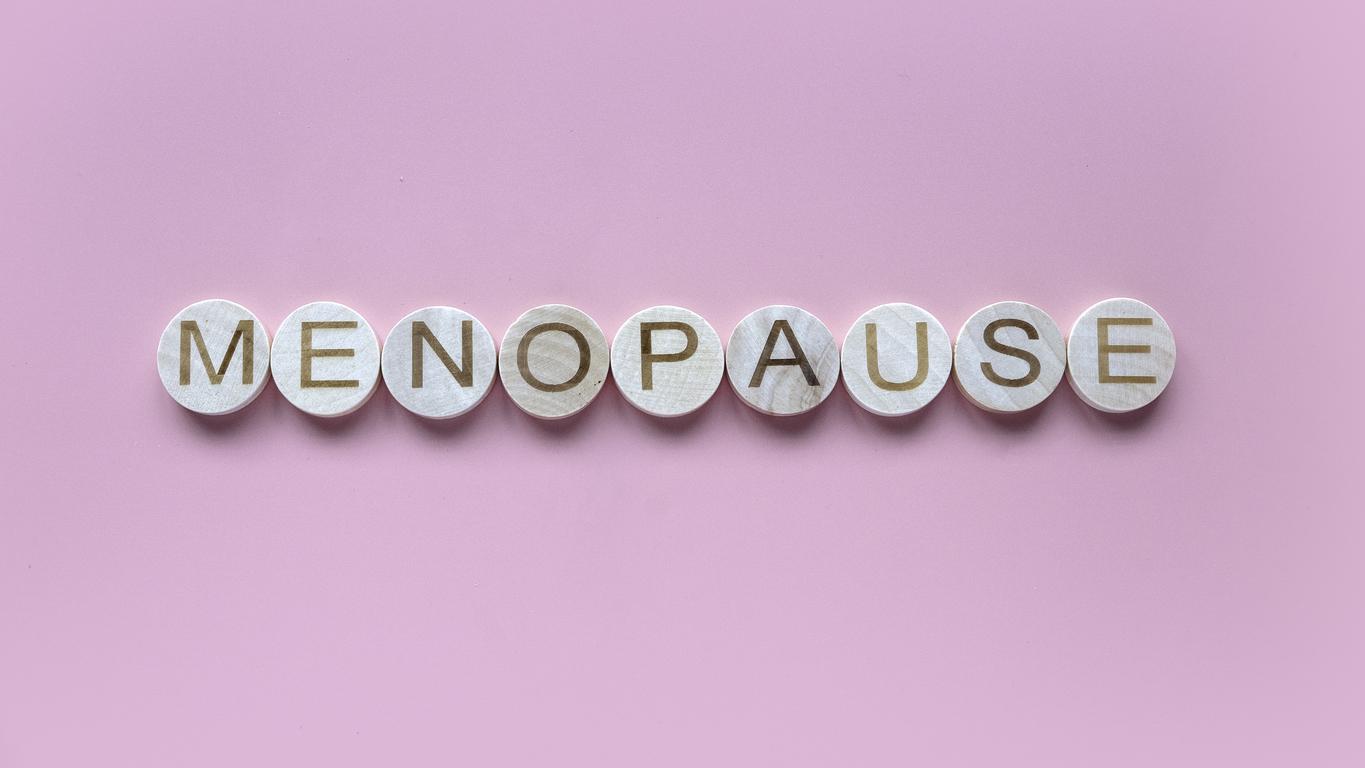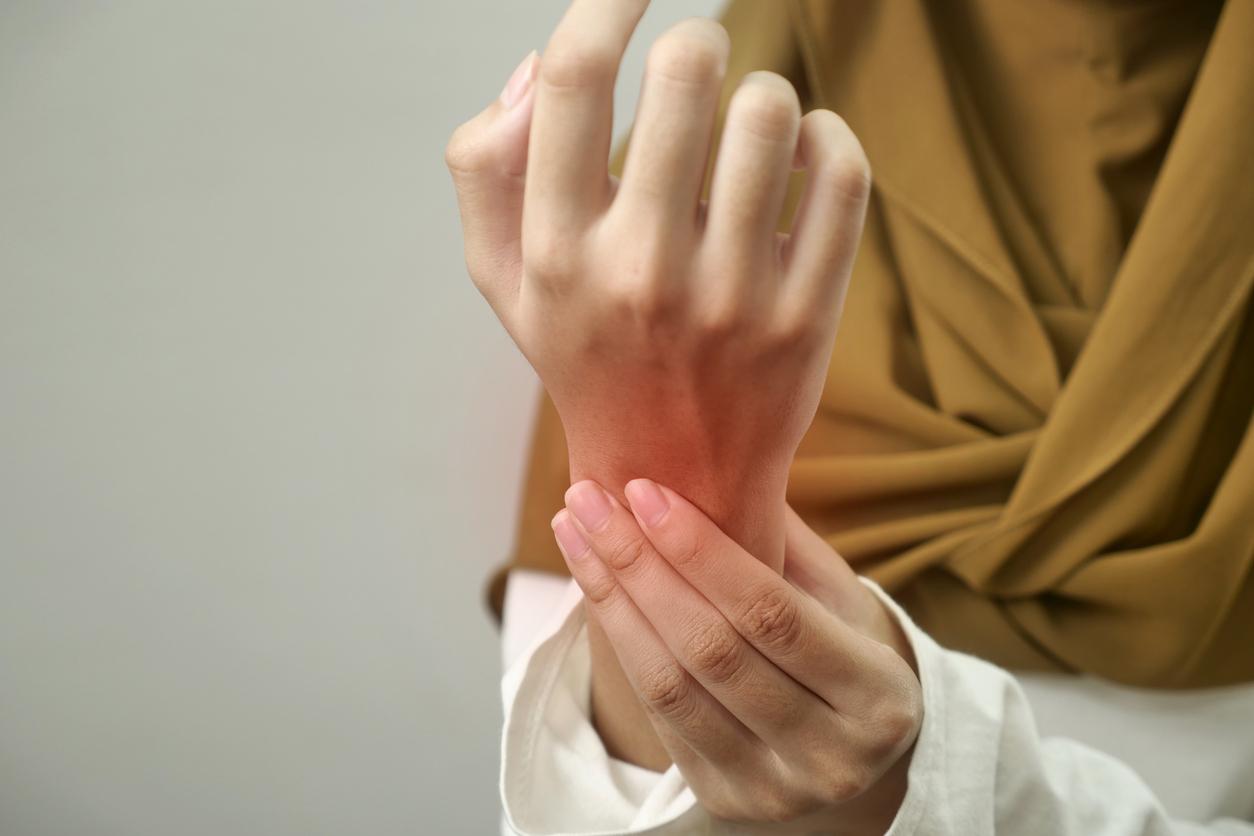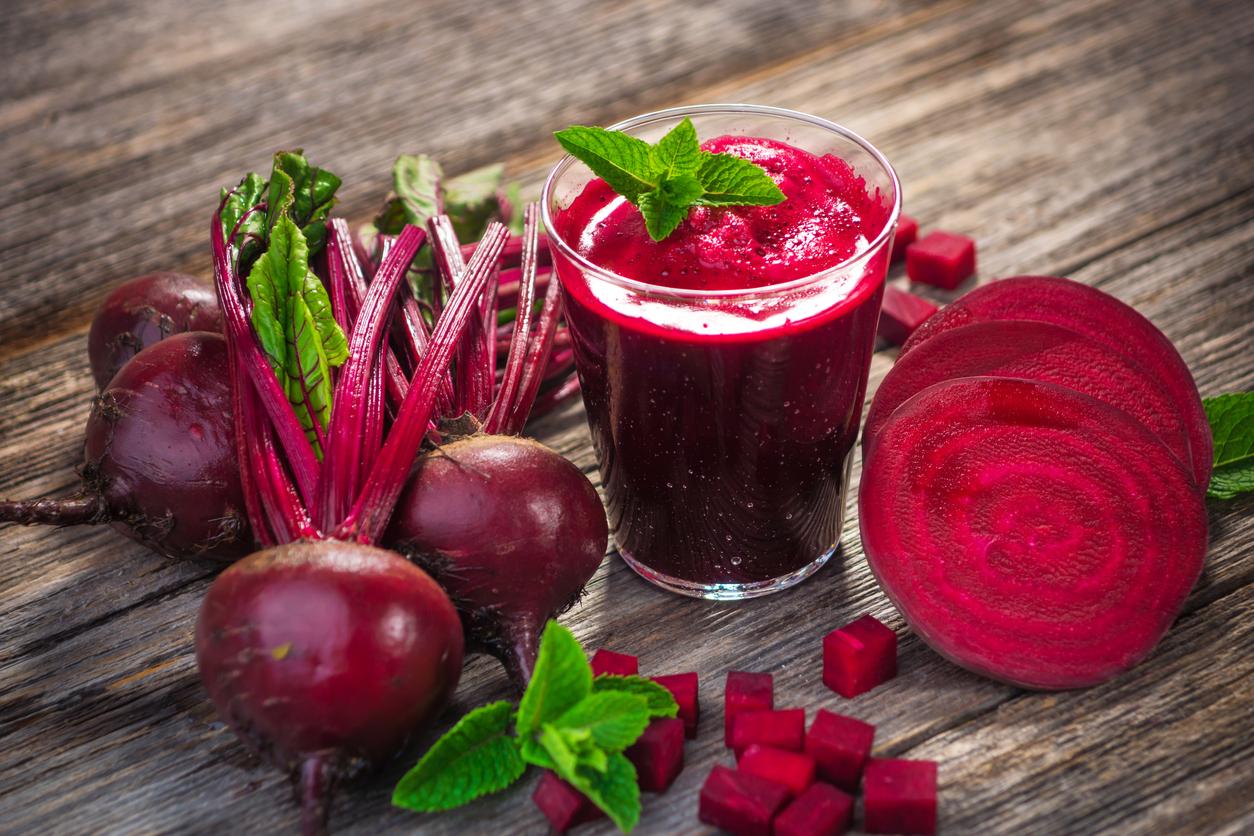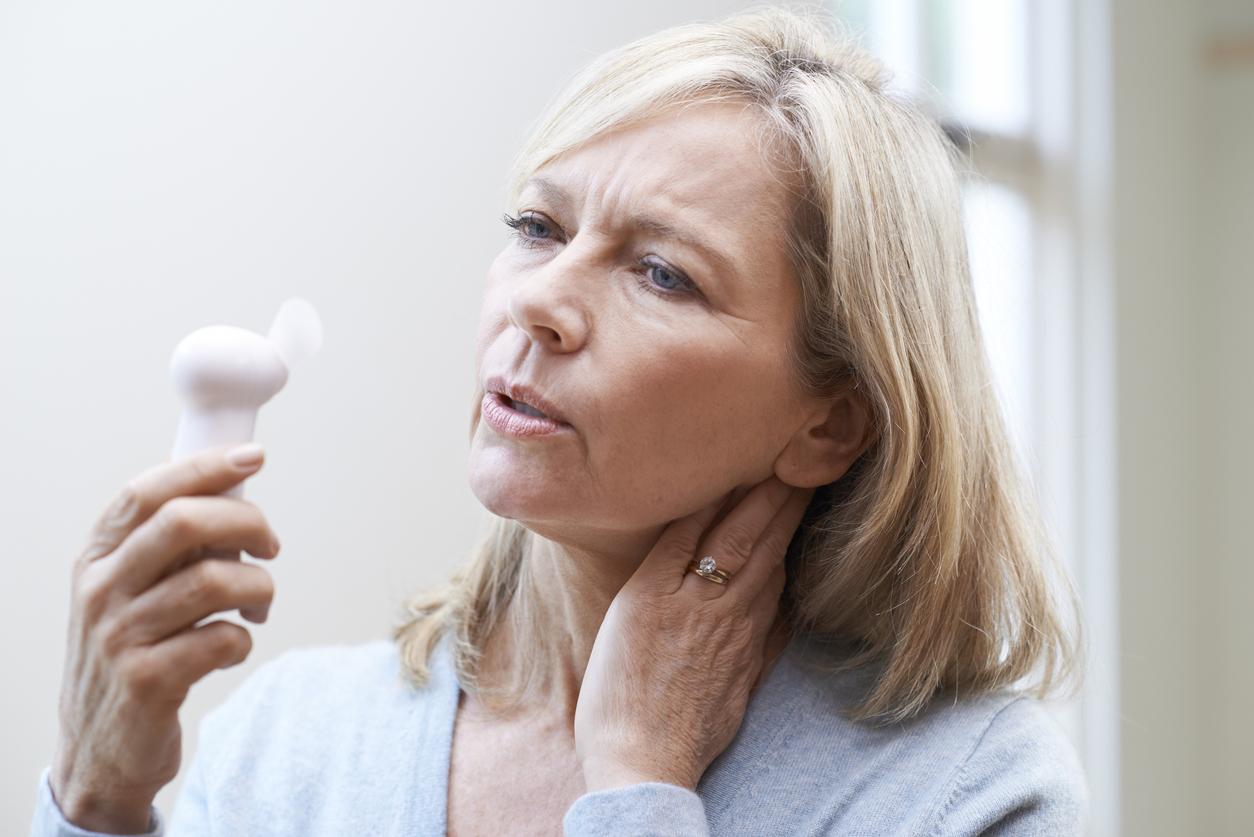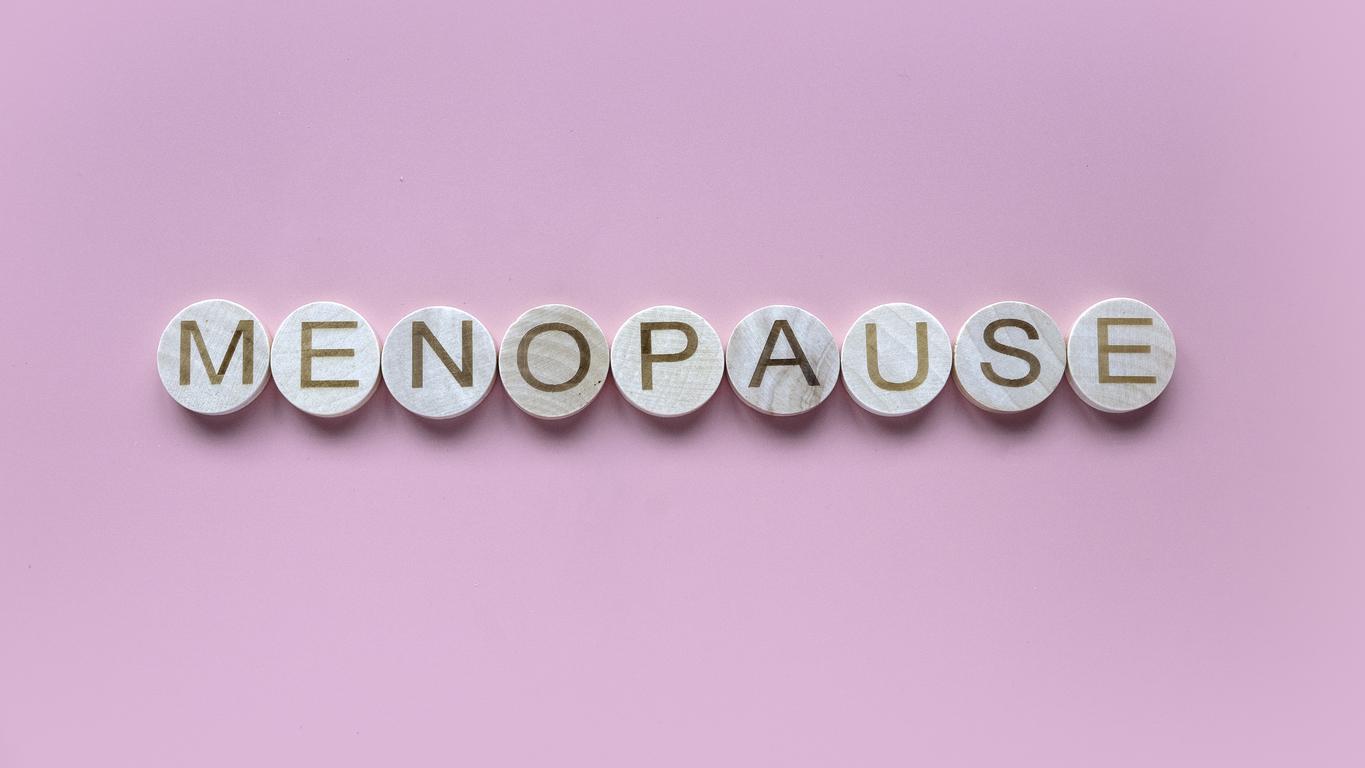Consuming licorice roots to fight the symptoms of menopause carries risks of drug interactions.

Grandmother’s remedies are not always trivial. To limit the symptoms associated with menopause (hot flushes, headaches, etc.) and avoid taking hormonal treatments, it is sometimes advisable to consume liquorice root solutions every day, or food supplements that contain it.
The idea behind this suggestion is based on the benefits of glycyrrhizin, an active compound in licorice, which appears to have the ability to regulate estrogen levels in women.
If there is no question of denying the benefits of glycyrrhizin, recognized by traditional medicines, it is appropriate to warn about the risks associated with this diet.
Scientists have indeed conducted works which confirm the toxicity of licorice taken in high daily doses. Something that we knew: in the United States, the FDA also recommends not to abuse liquorice and to be wary of its side effects (cardiac arrhythmia, muscle fatigue, etc.).
Inhibited enzymes
But the study also shows a risk of drug interaction at lower doses, which should alert consumers. “We wondered if small amounts of licorice as part of daily supplementation could cause problems by interfering with the metabolism of drugs and their circulation” in the body, explain the researchers, from the University of Chicago.
The answer is yes. This is because the activity of liver enzymes responsible for drug processing may end up being inhibited by glycyrrhizin, the researchers say. This induces a slower process and less control over the fate of the drug in the body.
These metabolic changes can generate a health risk, explain the researchers, who call for vigilance in women supplemented with licorice and under drug treatment.
.











